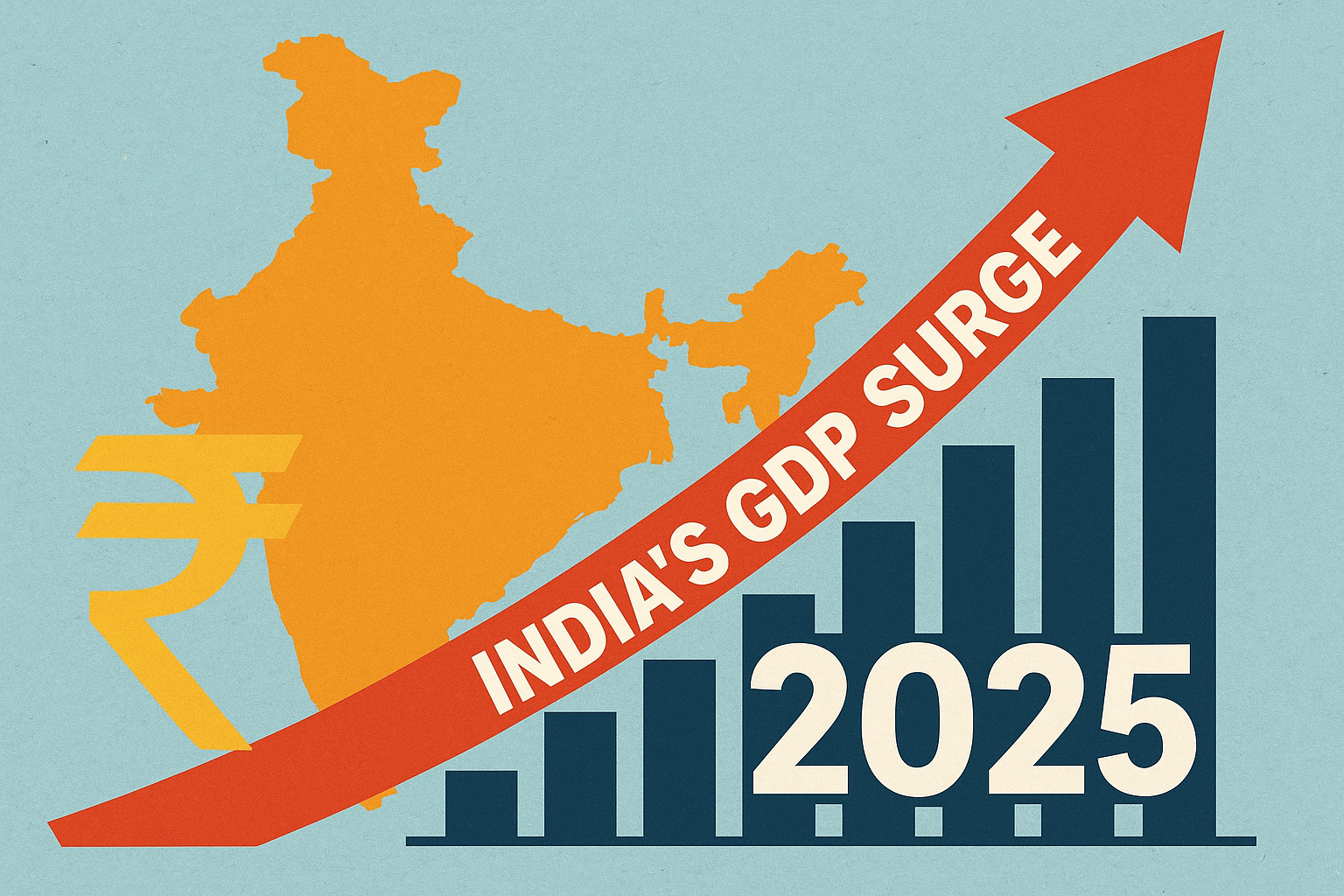E20 petrol is a mixture of 20% ethanol and 80% petrol, made specifically to promote less pollutant energy and decrease carbon emissions in India. However, the plan for its implementation has sparked numerous discussions and debates, with vehicle owners complaining about the loss of mileage and compatibility issues that still primarily concern older cars. Would you like to know if E20 is really necessary just to clear the way for the whole talk? Keep reading to get to know all sides of the talk.
What is E20 Petrol?
E20 petrol is a mixture of 20% ethanol, a renewable biofuel produced from crops like sugarcane and corn, and 80% conventional petrol. E20 reduces carbon emissions significantly and improves air quality. The release of this fuel has taken India at least 736 lakh metric tonnes down in its CO₂ emissions, which is the same as if 30 crore trees were planted. The government is offering E20 to keep energy security stronger, to lower greenhouse gases, and to support rural areas, with the goal of total national use by 2025 under the Sustainable Fuel Program.
Benefits of E20 petrol
E20 fuel offers key benefits to the Indian automotive and energy sectors, while playing an important role in sustainability and economic growth.
Delays Renewable Energy and Net-Zero: The use of E20 is one of the important steps for India to move towards renewable energy sources. The country can reduce its greenhouse gas emissions by up to 30% compared to those with lower blends, and thereby contribute to its net-zero targets. Hence, this measure is in line with the country’s broader environmental objectives.
Encourages the Farmers and the Agrarian Sector: The need for ethanol, which is basically made from sugarcane and maize, has a direct positive impact on the farmers. The anticipated rural income is estimated to be around ₹40,000 crore in 2025 alone; therefore, the agricultural communities will gain from this by a chain of positive effects.
- Improves Vehicle Efficiency: The higher octane value of ethanol (108.5 against 84.4 of petrol) is one of the reasons for the better acceleration and improved combustion efficiency, which results in better performance.
- Works for Energy Security and Savings: In this way, India is substituting Indian crude oil imports with ethanol, thus there are foreign exchange savings of more than ₹1.44 lakh crore in the period from 2014 to 2025. This is a way of strengthening energy security and the country’s overall economic stability.
Disadvantages of E20 fuel
While E20 petrol vehicles offer environmental benefits, it also comes with several drawbacks that vehicle owners must consider.
-
- Mileage Drop: Most users claim that usage of E20 petrol results in a decrease of fuel efficiency, and four-wheelers that utilised E20 showed a drop of 1-2% in their mileage, while the rest of the vehicles had fuel efficiency reduced by 3–6%. Some car owners have also reported even greater declines in mileage across several models.
- Corrosion, Maintenance, and Engine Damage: Due to the nature of ethanol as a corrosive and hygroscopic substance, the different parts that come into contact with the fuel and are made up of rubber should be replaced much more often. This is because the rubber seals, gaskets, and metal tanks, especially in vehicles manufactured before April 2023, are prone to damage. The problem arises for owners who face swelling, leaking parts, and increasing maintenance costs as a result of these effects.
- Insurance and Warranty Implications: Car warranties and insurance may not cover damages to the car’s engine caused by E20 in vehicles that are not compatible with this fuel, and most of the time, the reasons for rejection are based on the improper use of fuel and negligence. This can lead to owners being responsible for a large amount of money in repairs.
- Required Engine and Fuel System Modifications: In case of an old vehicle, it is very likely that the way to run it safely on E20 is to change the engine control units (ECU), install different sensors, and have a fuel system with renewed fuel lines and replacements for the fuel tank. Non-compliance with the car can cause material deterioration and shorten the lifespan of parts.
Scam Claims: Fact vs. Fiction
There have been rumours that E20 is a scheme that the government has developed, forcing consumers to use a specific fuel blend that is going to be harmful to the engines of old cars and will cause problems with insurance. Critics are stating that drivers are forced to use E20 regardless of whether it is compatible or not, as there are only a few alternative blends, and there is not enough consumer awareness, especially about whether the vehicle is suitable or not.
The Ministry of Petroleum, ARAI, and IOCL are some of the authorities and experts who give their support to the implementation of the E20 plan as being gradual and controlled. They also assure that only a very small technical portion is affected, while the vehicle warranty is maintained for E20-ready cars. Part of the initiative to make sure E20 is safe and that there are no risks of damage, dilution, or rejection of insurance for the vehicles that meet the standards is the employment of modern additives and the upgrading of engine materials.
There is no evidence leading to the event of engine damage, refusal of insurance in large numbers, or cases of adulteration due to the E20 policy. India’s ethanol blending program is in line with international standards and is very cautious regarding consumer rights, openness, and constant evaluation.
Stock Market Impact of E20 Rollout
In the years 2024–2025, the shares of a number of Indian publicly traded companies in the ethanol and sugar sectors have gone up after the E20 fuel rollout. Among others, the following companies have been winners in the market with increased investor confidence and sector momentum: E.I.D. Parry (India) Ltd., Balrampur Chini Mills Ltd., Dalmia Bharat Sugar and Industries Ltd., and Shree Renuka Sugars Ltd. The policy changes have been under close watch not only by oil marketing companies but also by automobile manufacturers who have been preemptively adjusting their supply chains and product portfolios to be in line with the new fuel standards.
Do You Really Need E20?
From April 2023 onwards, vehicles are generally designed to be E20 compatible, providing them with upgraded fuel systems and engine calibrations to handle the new blend more efficiently. A survey reveals that 28% of owners of older petrol vehicles have reported that they have had increased wear and lower mileage after changing their fuel to E20. Manufacturers such as Honda, Skoda, Maruti Suzuki, and Hyundai advise that one should first check the owner’s manual or only take the advice of the authorised dealer when in doubt, and only put E20 in those models that are compatible.
Older vehicles may have to go through major changes like engine recalibration or installation of upgraded parts, but these renovations are seldom done for most vehicles. If E20 is used in non-compliant vehicles, there is the possibility of the warranty being voided, and also, if an insurance claim is made, it might get rejected, hence the importance of verifying the correct vehicle before choosing this fuel.
Investing in E20 Companies
The surging requirement for ethanol has raised the pool of possibilities to be invested in, with the shares of the numerous industry participants reacting to the changing regulatory framework. Firms linked to the production of E20 fuel are getting noticed in market talks, indicating a change in the sector’s profile. Potential investors may wish to monitor updates in policy, performance trends, and industry developments, maintaining a balanced approach to decision-making and keeping in mind the broader context of sustainable energy initiatives. For detailed stock insights and analysis, explore specialist platforms that provide comprehensive market information and investment tools.
Conclusion
E20 petrol brings notable environmental and economic advantages, yet it poses technical and compatibility challenges for older vehicles. Its rollout has benefited specific industries and spurred significant debate amongst car owners. Drivers are asked to check if their car is suitable and to weigh all the conceivable outcomes before they decide to change the fuel. Changes in the market are inevitable. The best way to make a sound decision is by being up to date with the latest news.
- Make in India 2.0: How Manufacturing Is Reshaping Market Sentiment - December 13, 2025
- Real Estate Boom : Why Tier-2 Cities Are Attracting Big Investors - December 12, 2025
- India’s GDP Surge 2025: What the New Growth Numbers Mean for Markets - December 9, 2025





